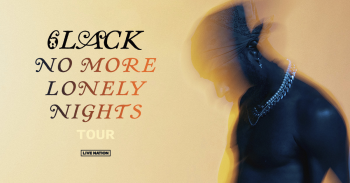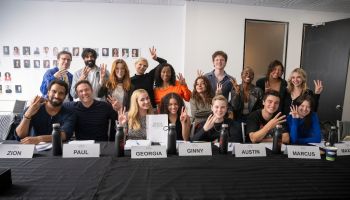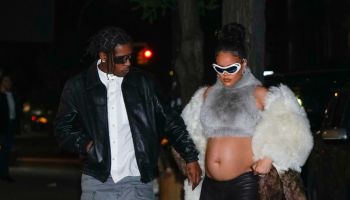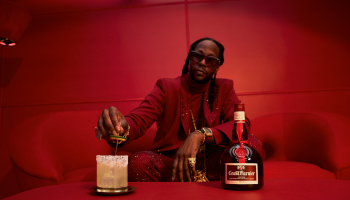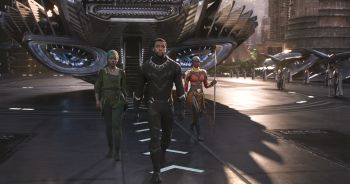<p>Ushers hustled down the isles, urging attendees to move their moon walking to their seats. Hundreds of people were packed in the room, lifting peace signs into the air and singing along to each song in a unified, thundering, voice. Many were crying, many more clung to photographs, and everyone was dancing.</p><p>Five days after the death of Michael Jackson, The Apollo Theater was full of people celebrating his life. Most had waited four or five hours for the opportunity to "remember the time" in the room where it all started. Years before this day, the Jackson Brothers, as they were then called, would enter The Apollo for a performance that would propel them to stardom. Reverend Al Sharpton took the stage shortly before 5:26pm, marking the five-day anniversary of Jackson’s death, to deliver a Eulogy that elicited shouts of agreement from the crowd. "We didn’t come to see a star," he warned. "We came to salute a legacy."</p><p>Michael Jackson had a profound impact on the music industry, yes, but perhaps even more so, he altered the very fabric of our culture. His legacy transcends any one generation. While we all might remember a different Michael, inevitably, we were all affected by his existence.</p><p>I attended the Apollo with City Councilman, and candidate for New York City Comptroller, David Yassky. I was traveling with him five days earlier when the news of Jackson’s death broke. He associated the legend with the young boy who broke down the abc’s and 123’s of you and me, whereas I was more inclined to remember the young man who didn’t want to be defeated. Nonetheless, listening to marathons on the radio, we were both able to recite the lyrics of "We are the World." It was a telling car ride, one that I’ll remember. It consisted of a moment where two individuals who hailed from different generations and backgrounds, could relate to a song that spoke to, and spoke of, our potential to collectively make a difference.</p><p>The events at the Apollo further uncovered the sheer impact of the man behind the music. In Sharpton’s words, Jackson "wasn’t a victim but a victor" who was able to transcend "the question of limitation." Sharpton discussed how "because of Michael, Whites and Asians and Latinos and Blacks learned how to sing and dance together" and furthermore how "those kids grew up comfortable with race" and subsequently "elected Barack Obama."</p>









